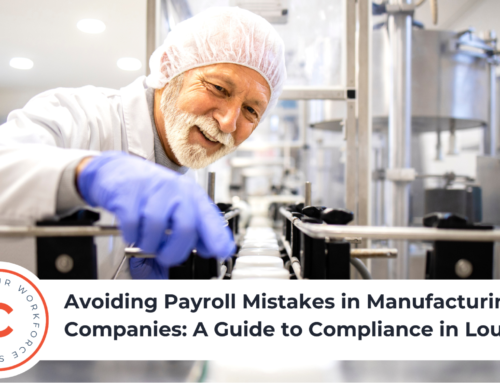Human resource management (HRM) is crucial to any organization, as it involves managing the most valuable asset of the organization, its employees. A well-managed human resource department can help organizations attract and retain the best talent, improve employee morale, and foster a positive work culture.
However, poor HRM practices can devastate an organization, its employees, and its bottom line. These consequences can be costly for organizations, both financially and in terms of their brand image. Therefore, organizations must prioritize HRM practices and ensure that they are implemented effectively to avoid the following consequences:
Low Employee Morale
Poor HRM practices can lead to low employee morale, impacting the organization’s performance. When employees are unhappy with their work environment, compensation, or how their superiors treat them, they are likely less motivated and engaged in their work.
This can result in poor work quality, decreased output, and low customer satisfaction. Moreover, low employee morale can lead to high employee turnover rates. High employee turnover can also lead to losing institutional knowledge as experienced employees leave the organization. This can negatively impact the organization’s productivity, as new employees take time to get up to speed and learn about the organization’s culture and processes.
Legal Issues
Discrimination, harassment, and wrongful termination are legal issues that can arise due to poor HRM practices. Wrongful termination can occur when an employee is fired for reasons that violate labor laws or regulations.
For instance, an employee may be terminated due to race, gender, or age, whistleblowing, or refusing to engage in illegal activities. Wrongful termination can result in hefty compensation payments, legal fees, and damage to the organization’s reputation.
Moreover, poor HRM practices can result in labor violations, such as failure to comply with minimum wage and overtime regulations, inadequate safety measures, and poor working conditions. These violations can result in fines, legal fees, and damage to the organization’s reputation.
Decreased Productivity
A lack of proper training can result in employees being unable to perform their tasks effectively, leading to decreased productivity. Similarly, poor communication between employees and management can result in misunderstandings and misinterpretations, further reducing productivity.
Increased Costs
Poor HRM practices can result in increased costs for organizations. For instance, high employee turnover rates can be costly regarding recruitment and training costs. Similarly, legal issues arising from poor HRM practices can result in hefty legal fees and compensation payments. Moreover, poor employee morale can increase absenteeism, further impacting the organization’s bottom line.
Damaged Reputation
If an organization is found to have engaged in discriminatory practices, it can damage its reputation and lead to a loss of customers and clients. At the same time, if an organization is found to have mistreated its employees, it can result in negative publicity and a damaged reputation.
Conclusion
Poor human resource management practices can severely affect an organization, its employees, and its stakeholders. These consequences can range from low employee morale and decreased productivity to legal issues and a damaged reputation. Implementing fair and ethical HRM practices can help organizations comply with labor laws and regulations, avoid legal issues, and protect their brand reputation.
Organizations must invest in their human resource department, provide adequate training and resources, and ensure that HR policies and practices align with their goals and values. In today’s dynamic and competitive business environment, human capital is a key differentiator for organizations.
If you need HR services here in Baton Rouge or across the country, turn to Coeur Workforce Solutions. We offer affordable HR and payroll outsourcing services. Book a free HR diagnosis now!





